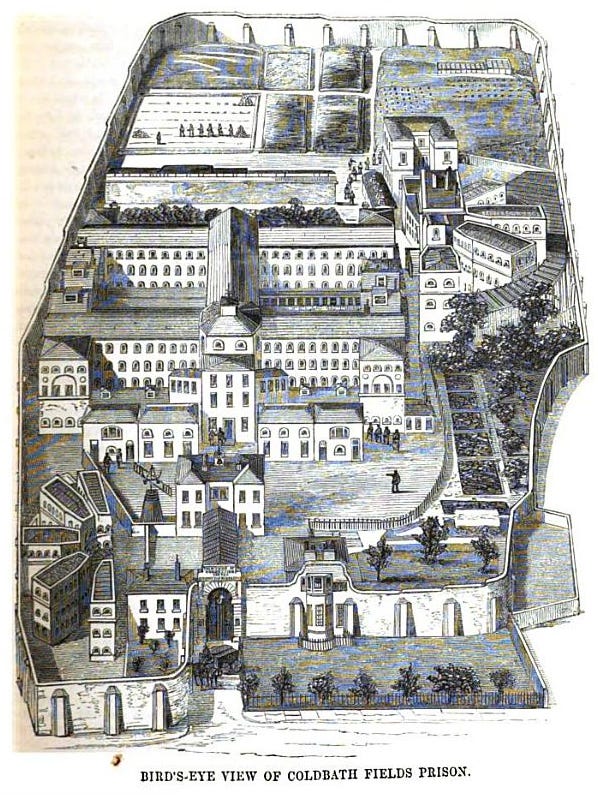A detective at the Langham
One former police constable was employed as the Langham's private detective - there to investigate crime at the luxury hotel
By the late 19th century, private detectives were being employed to work for single employers, which gave many the opportunity to get a steady income. Some worked for department stores and other shops or indoor markets. However, another opportunity presented itself to private detectives in need of job security: that of being a hotel detective.
In the early 1880s, one of these men was James Growns. James was a farmer's son from the village of Headcorn in Kent. Born in 1829, in his 20s, he joined the Metropolitan Police, and served 20 years as a constable, entitling him to a police pension. Still only in his 40s, he still wanted to work, and so he found a job as a private detective based at Langham's Hotel in London. This was, and still is, a luxurious hotel in the West End, an easy walk to work from Growns' home at 21 Eton Street (now known as Edis Street), near Regent’s Park.
James' job as a hotel detective necessitated watching guests and visitors for any suspicious behaviour, but also investigating any offences that occurred on site. In April 1880, a theft took place in the hotel's drawing room, and James Growns investigated.
Dr Byrom Bramwell, victim of the theft at the Langham (image from the Wellcome Collection)
Physician Dr Byrom Bramwell had journeyed down from his home in Edinburgh to stay at the hotel with his wife, Martha. On the evening of 21 April, they had sat down in the drawing room, draping various items of clothing over the seats. Later that evening, Dr Bramwell realised that a jacket, two pairs of gloves and other items, including an umbrella, had gone missing, and he immediately notified the hotel manager.
The manager then notified his hotel detective, and asked him to 'watch about the house'. James Growns' attention was drawn to a man named John Inkley, a 31-year-old Kent labourer with a prior conviction, who had somehow been staying at the Langham since the previous Saturday. Inkley had previously told the hotel staff that he had lost his overcoat.
On 22 April, James Growns noticed Inkley going to his room at about 5.30am, and followed him. He knocked on the door, and when Inkley answered, asked him, "Have you found an overcoat which you stated you had lost?" Inkley said he had.
Growns now said, "Very strange things do happen; have you heard that a lady [Martha Bramwell] lost a sealskin jacket last night?" Inkley denied knowing anything of this. On being asked if Growns could search his room, he said, "Yes, willingly". James found nothing initially, but when he spied a portmanteau in the room, Inkley became twitchy, not wanting Growns to look in it. Growns, of course, immediately opened it, and found some of the items that had been reported stolen.
Inkley was arrested, charged, and, on appearing at the Old Bailey later that month, was - thanks in part to Growns' evidence in court - found guilty of simple larceny. He was sentenced to six months in Coldbath Fields Prison.
Where John Inkley served his sentence - Coldbath Fields
James Growns never referred to himself as a private detective outside of court; the 1881 census refers to him simply as a 'servant' - he was, I suppose, one of the hotel servants, but his job was not what we would think of when we think of a servant. By 1891, James had retired on his police pension, and in 1908, he died at his home on Eton Street.






Intriguing post and reveals new positions available for detectives. These kinds of new roles and functions in society could be interesting to track, over a longer time span.